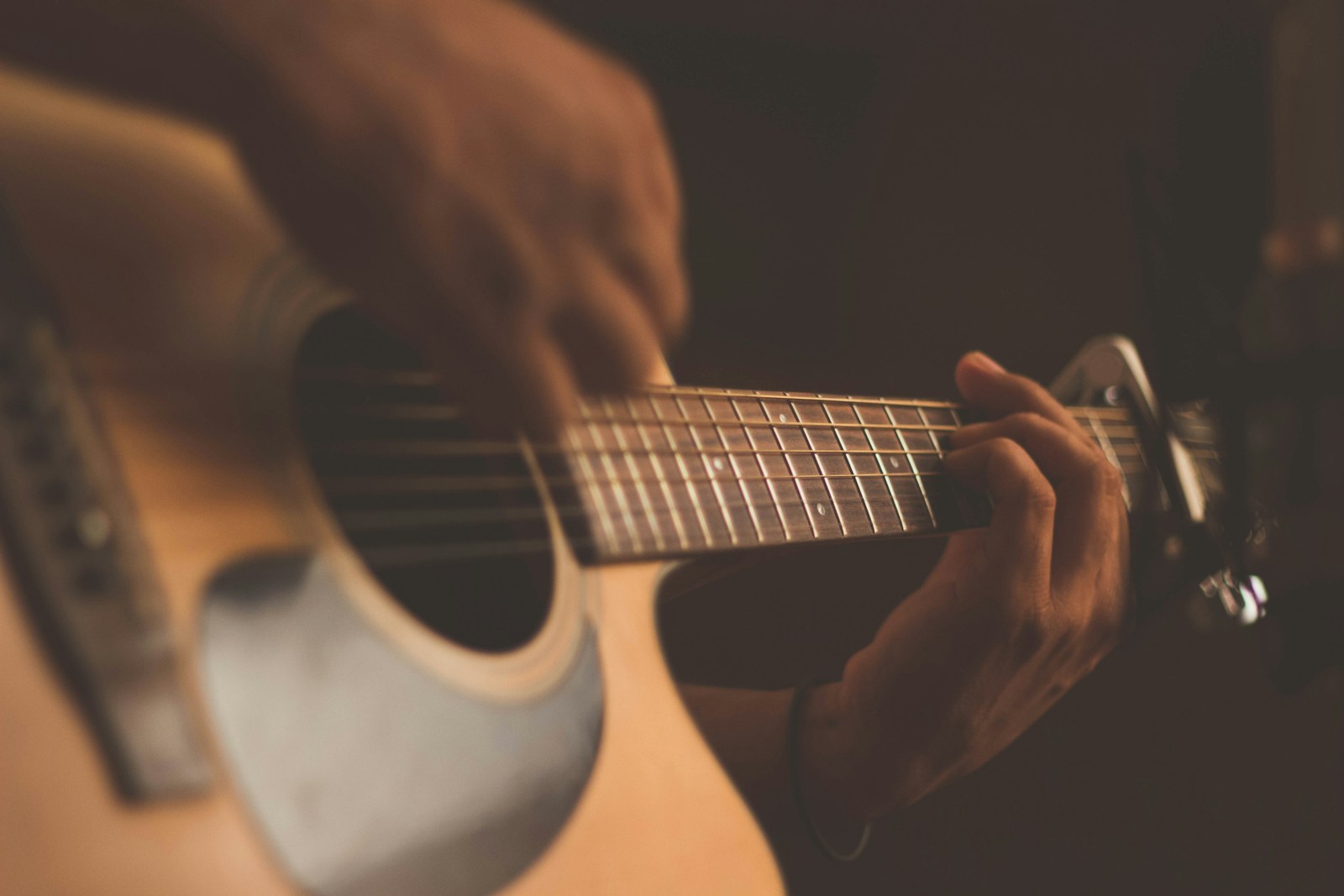Getting Started Guide for Guitar
Introduction:
Learning to play the guitar is a rewarding and enriching journey that opens up a world of musical expression. Whether you’re a complete beginner or have some musical experience, this guide will help you get started on your string-tickling adventure.
Average Starting Cost:
Average Starting Cost: The initial investment for a beginner’s guitar can range from $100 to $300, depending on the type and brand. However, there are more budget-friendly alternatives for those looking to start with a lower investment.
Cheaper Alternatives:
- Consider Acoustic Guitars: Acoustic guitars are generally more affordable than electric guitars. They also don’t require additional equipment like amplifiers, making them a cost-effective choice for beginners.
- Explore Second-Hand Guitars: Look for used guitars in good condition. Many musicians sell their well-maintained instruments, providing an economical option for beginners.
Average Time Commitment:
The time commitment to learn varies based on individual goals and practice routines. Beginners might start with 15-30 minutes of daily practice, gradually increasing as they become more comfortable with playing.
First Steps to Take:
- Choose the Right Guitar: Select a guitar that suits your musical preferences and playing style. Acoustic guitars are great for various genres, while electric guitars are ideal for rock, blues, and metal.
-
Learn the Basics:
- Parts of the Instrument: Familiarize yourself with the different parts of the guitar, including the body, neck, frets, and strings.
- Tuning: Learn how to tune your guitar using a tuner or a tuning app. Proper tuning is crucial for producing accurate sounds.
-
Basic Chords and Strumming:
- Open Chords: Start with basic open chords like C, G, D, E, and A. Practice transitioning between these chords smoothly.
- Strumming Patterns: Experiment with different strumming patterns to develop rhythm and timing.
-
Essential Techniques:
- Fingerpicking: Explore fingerpicking techniques to add versatility to your playing style.
- Barre Chords: Once comfortable with open chords, venture into barre chords to expand your chord vocabulary.
- Practice Regularly: Consistent practice is key to progress. Set aside dedicated practice time each day to build muscle memory and improve your playing skills.
Additional Resources:
- Online Lessons: Explore online platforms offering lessons, such as JustinGuitar, Fender Play, or Yousician, which cater to beginners and intermediate players.
- Books and Apps: Invest in instructional books like “Hal Leonard Guitar Method” or use apps like Ultimate Guitar for chord charts, tabs, and practice routines.
- Join Communities: Connect with fellow guitarists in online forums, social media groups, or local music communities. Sharing experiences and seeking advice can be valuable for your learning journey.
Communities:
- Ultimate Guitar
- r/Guitar (Reddit)
- Guitar Tricks Forum
- Fender Play Community
- JustinGuitar Forum
FAQs:
Q: How long does it take to learn? A: The learning curve varies, but consistent practice and dedication can lead to basic proficiency within a few months. Mastery is an ongoing process that depends on individual goals.
Q: Do I need to learn music theory to play? A: While not mandatory, understanding basic music theory can enhance your overall understanding of the instrument. However, many guitarists start by learning through practical playing.
Q: Should I start with acoustic or electric? A: It depends on your musical preferences. Acoustic guitars are versatile and portable, while electric guitars offer a broader range of sounds. Choose the one that aligns with your preferred genre and playing style.
Remember, learning the guitar is a journey filled with discovery and joy. Enjoy the process, experiment with different styles, and let your passion for music guide you as you embark on your guitar-playing adventure.
